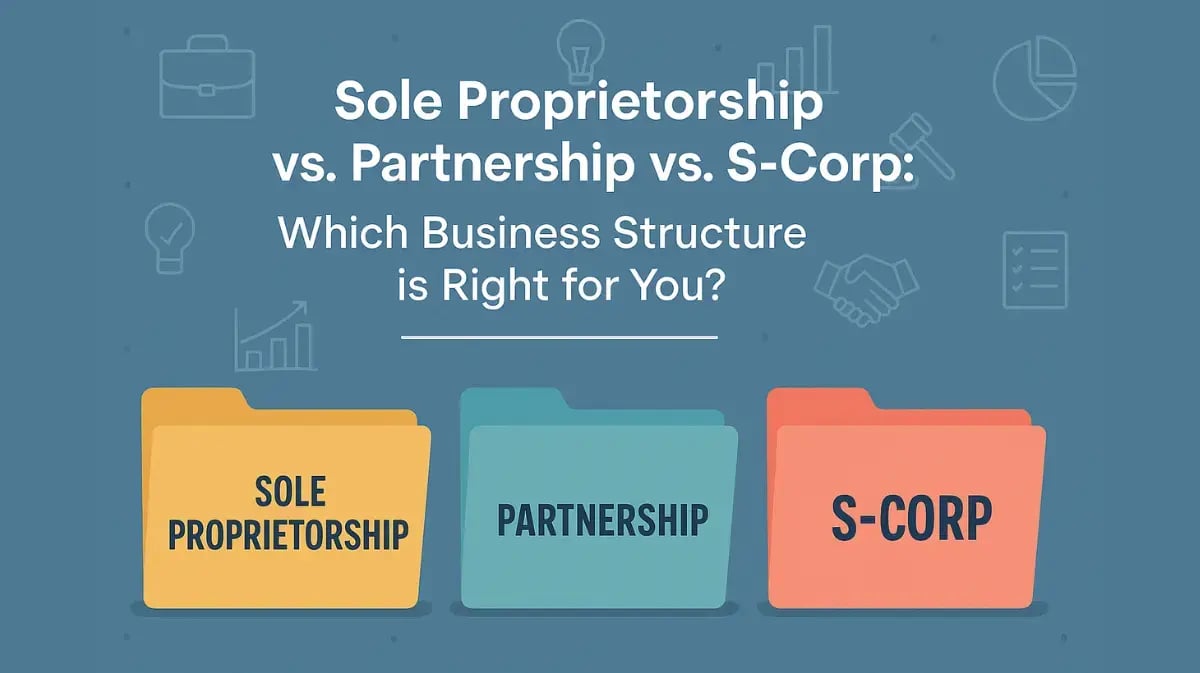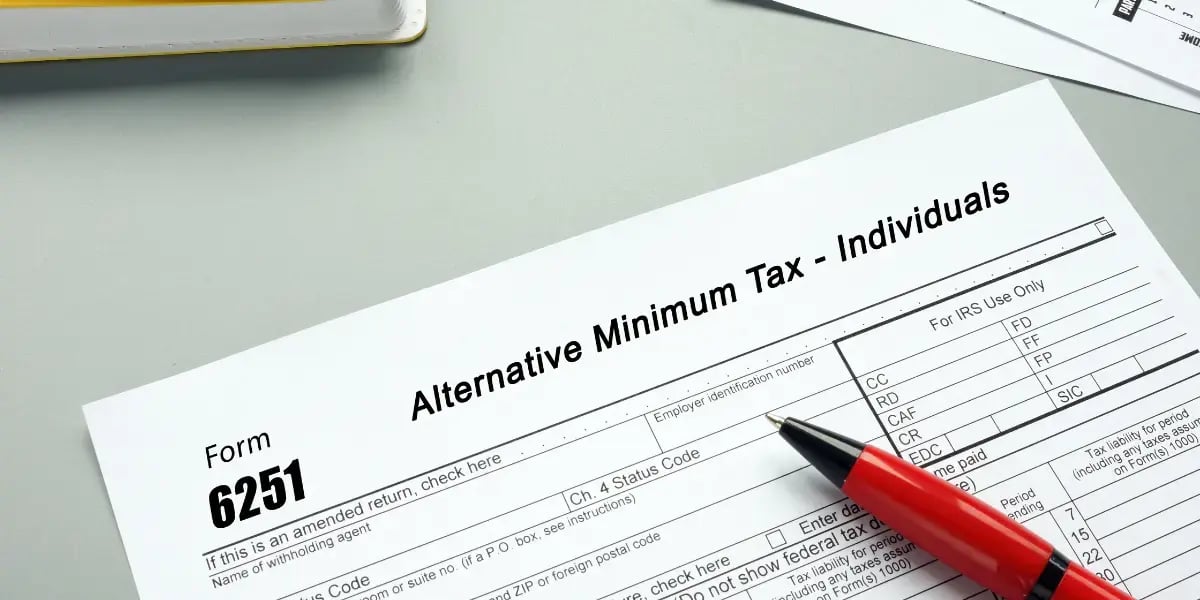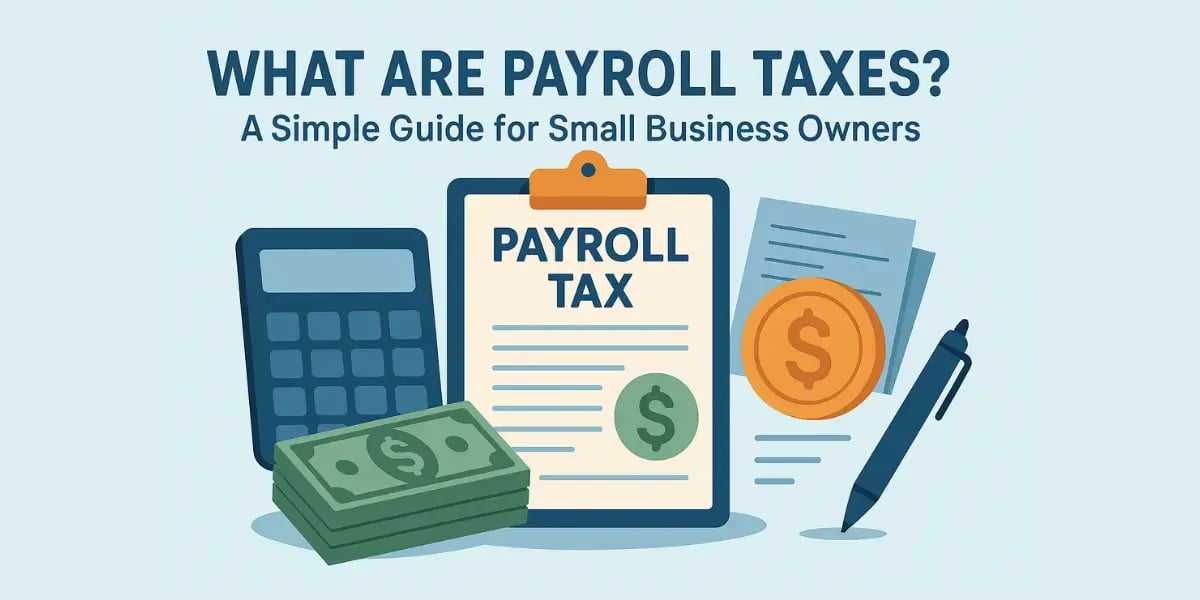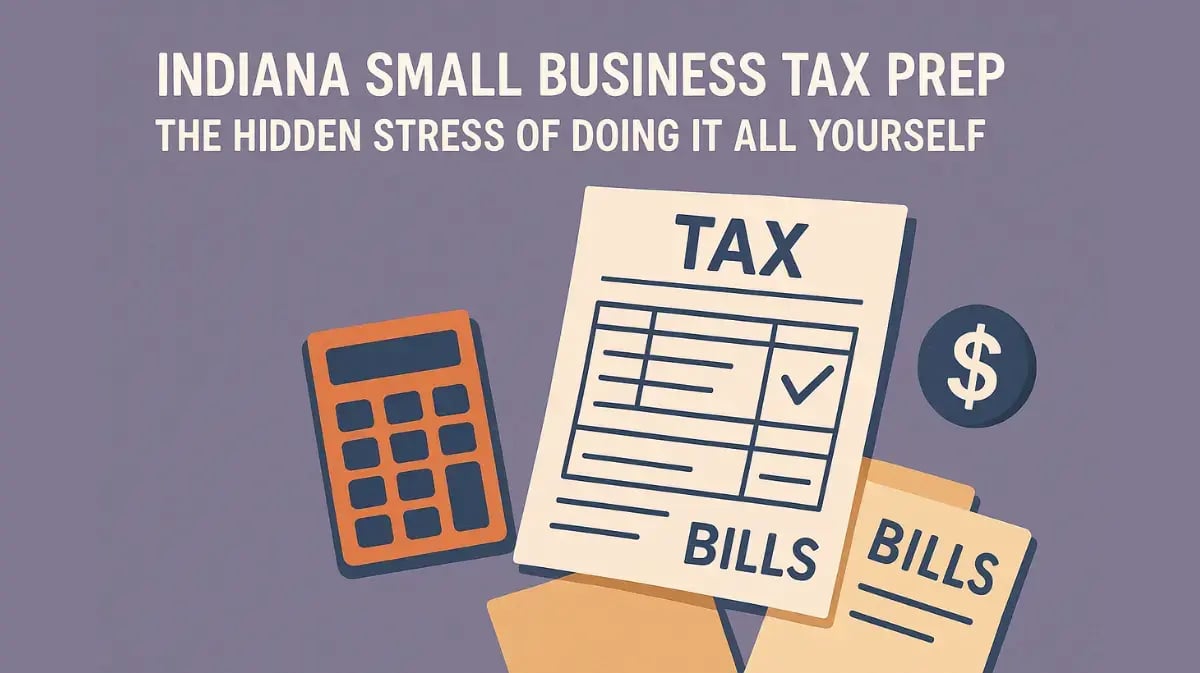Sole Proprietorship vs. Partnership vs. S-Corp: Which Business Structure is Right for You?
August 13th, 2025
6 min read

When starting or growing a business, one of the most important decisions you’ll make is how to structure it.
Your business entity type will directly impact your taxes, how you pay yourself, how much paperwork you’ll need to handle, and your legal responsibilities. And while it’s tempting to go with the simplest option and “figure the rest out later,” that choice can lead to some costly surprises down the road.
We often hear business owners say, “I just want to focus on running my business. I didn’t expect the back-end to be this complicated!” And they’re right. Choosing a structure like a sole proprietorship, partnership, or S-corporation affects everything from how much you owe the IRS to your ability to bring on partners or raise capital.
Below, we’ll break down the three most common business structures for small business owners: sole proprietorships, partnerships, and S-corporations (S-Corps). We’ll compare them from a practical, real-world perspective, specifically through the lens of taxes, accounting, and ease of operation.
We’ll keep things simple, focus on what matters for your wallet and work life, and help you avoid surprises during tax time.
(Note: If you’re trying to understand the legal implications of these structures, like ownership rights or liability, you’ll want to speak with a business attorney.)
Let’s dig in and make this part of your business journey a whole lot simpler.
Your Business Structure Affects Your Taxes
Your business structure doesn’t just affect legal ownership; it also determines how your income is taxed. That means it impacts how much you’ll owe in self-employment taxes, income tax, and payroll tax.
Even if two businesses earn the same revenue, the proper structure can make a big difference in what’s left in your pocket. It can affect:
- How you pay yourself (salary vs. draw)
- Your self-employment tax liability
- What deductions you’re eligible for
- How complex your tax filing will be
Your structure shapes your tax experience. Choose the right one, and you may lower your tax bill, simplify your filings, and create more flexibility in how you manage income. Choose the wrong one, and you could end up paying more than necessary or dealing with avoidable complications.
That’s why it’s so important to think through your options carefully. The goal isn’t just to stay compliant—it’s to build a structure that supports your business as it grows.
Sole Proprietorship: The Basic Structure
A sole proprietorship is the most basic type of business structure, and it’s where many small business owners begin. If you haven’t registered a separate legal entity with your state, and you're the only owner, you’re likely operating as a sole proprietor by default.
From a tax perspective, it doesn’t get much simpler. The business isn’t legally separate from you, so all income and expenses are reported on Schedule C of your personal Form 1040. There’s no separate business tax return to file.
When it comes to taxes, you’ll pay:
- Income tax on your net profit (that’s your income minus expenses)
- Self-employment tax (Social Security and Medicare)
Sole Proprietorship Pros
- Easiest tax setup – No need for separate filings or business tax IDs unless you hire employees.
- No separate business return – Everything flows through your personal return, keeping paperwork light.
- Great for side hustles or new ventures – Especially if you're just testing an idea or expect minimal income at the start.
Sole Proprietorship Cons
- Self-employment tax can add up – Since you're paying on all your net profit, tax bills can be higher than expected.
- Limited tax flexibility – Unlike other structures, you can’t pay yourself a salary or separate income into different tax categories.
Best For
Freelancers, independent contractors, and anyone testing out a business idea solo. It’s a great entry point, especially if you’re starting small and want to avoid extra paperwork early on.
Partnerships: Simple Split, Shared Tax Burden
A partnership is a natural next step when two or more people go into business together. It’s still considered a “pass-through” entity for tax purposes, meaning the business itself doesn’t pay income tax. Instead, it files an informational return (IRS Form 1065), and each partner receives a Schedule K-1 showing their share of the business’s income, losses, and other tax items.
Each partner reports this information on their personal tax return, and that’s where the taxes get paid.
You’ll pay:
- Income tax on your share of the profit
- Self-employment tax on that amount (unless you're a limited partner)
Partnership Pros
- Flexible income allocation – Profits and losses can be divided however the partners agree (within IRS rules), not just based on ownership percentage.
- Simple to start –There’s no need to incorporate, and while a written partnership agreement isn’t legally required, it’s highly recommended to clarify responsibilities and expectations.
- Pass-through taxes – Just like a sole proprietorship, income is only taxed once at the individual level (no corporate income tax).
Partnership Cons
- Shared liability – Each partner may be personally liable for the business’s debts or legal issues, even those caused by the other partner(s).
- More complex tax return – Filing a partnership return (Form 1065) is more involved than a sole proprietorship, especially when calculating each partner’s K-1.
Best For
Businesses with two or more owners who are actively involved in running the company and who share a strong foundation of trust. Partnerships tend to work best when each person brings something unique to the table, whether that’s funding, industry expertise, or day-to-day hustle.
If you’re building something together and want to keep the structure simple while sharing responsibility, a partnership can be a practical and collaborative fit.
S-Corporation: Tax Efficiency with a Side of Paperwork
An S-Corporation (or S-Corp) is a business structure that’s taxed in a special way under Subchapter S of the IRS code, allowing owners to potentially save on self-employment taxes. While it’s still a pass-through entity for tax purposes, it has a few unique features that can lead to meaningful tax savings for the right kind of business.
An S-Corp files its own tax return (Form 1120-S), and just like a partnership, it issues Schedule K-1s to its owners (called shareholders), who report the income on their personal tax returns.
Here’s where it gets interesting: S-Corp owners can split their take-home pay between:
- A salary, which is subject to payroll taxes
- Distributions, which are not subject to self-employment tax
This structure can lead to lower overall tax savings, but only if:
- The business earns enough profit to justify the setup and ongoing compliance costs.
- You pay yourself a reasonable salary, as required by the IRS.
- You’re willing to run payroll and maintain more formal bookkeeping and records.
S-Corporation Pros
- Potential tax savings – Only your salary is hit with payroll taxes, while the rest of your profit can be taken as distributions with no self-employment tax.
- Limited liability protection – While not tax-related, this structure helps shield your personal assets from most business liabilities.
- Business credibility – Can help attract investors or employees.
S-Corporation Cons
- Stricter rules – You must follow strict IRS qualifications (e.g., U.S. citizens only, max 100 shareholders).
- Extra costs and filings – You’ll need to file corporate tax returns, run payroll, issue W-2s, and meet more compliance requirements.
- More complex bookkeeping – You’ll likely need professional support to stay compliant and avoid mistakes.
Best For
Profitable businesses that want to reduce their tax situation and are ready to handle the added structure. S-Corps are especially popular among consultants, agencies, and solo service providers who have moved beyond the startup phase.
What About LLCs?
If you’ve been researching business structures, you’ve probably come across Limited Liability Companies (LLCs) and wondered how they compare to everything we’ve covered so far. They’re one of the most flexible options out there, but also one of the most misunderstood.
Here’s the deal: LLCs are legal structures that separate your personal assets from your business activities.
From a tax perspective:
- A single-member LLC is taxed like a sole proprietorship by default.
- A multi-member LLC is taxed like a partnership.
- But in either case, the LLC can elect to be taxed as an S-Corp, as long as it meets IRS requirements.
Think of an LLC as a shell you can fill with the tax treatment that works best for you.
How to Choose a Structure (From a Tax Standpoint)
Here are some simple questions to ask:
- Is your business just you, for now?
→ Sole proprietorship may work to start. - Are you working with a partner?
→ A partnership structure may be required for tax reporting. - Is your profit rapidly growing?
→ It might be time to consider an S-Corp (with payroll). - Do you want to separate personal and business tax obligations?
→ An LLC can help, regardless of tax treatment.
And remember, this is a starting point. You can change your tax election as your business evolves. The key is to plan ahead and understand the tax consequences before making a move.
Making the Right Choice for Your Business, Without the Headache
Choosing a business structure is a big decision, but it doesn’t have to be overwhelming. When it comes to legal protections, ownership rights, and entity formation, your best move is to talk with a qualified attorney.
But when it comes to understanding:
- How your business income gets taxed
- How to avoid overpaying self-employment tax
- Whether you’re required to run payroll
- How to file the correct forms at tax time
...that’s where an accountant can help.
At TMA Accounting, we help small business owners understand how their business structure impacts their taxes, bookkeeping, and payroll responsibilities. We don’t provide legal advice, but we do help you stay compliant, efficient, and prepared for tax time.
Schedule a call with us to find out how we can help your business today.
Blog Disclaimer: Nothing in this post constitutes legal, tax, or financial advice and is intended for informational and educational purposes only. This informational and educational material is not intended, and must not be taken, as legal, tax, or financial advice on any particular set of facts or circumstances or as recommendations that are suitable for any specific person. You need to contact a lawyer, accountant, or financial adviser licensed in your jurisdiction for advice on your specific questions, issues, and concerns. View our full Terms of Use here.























